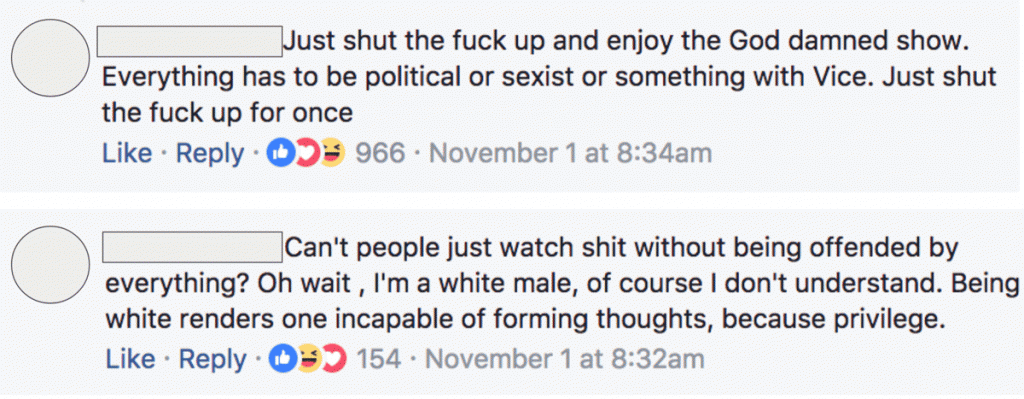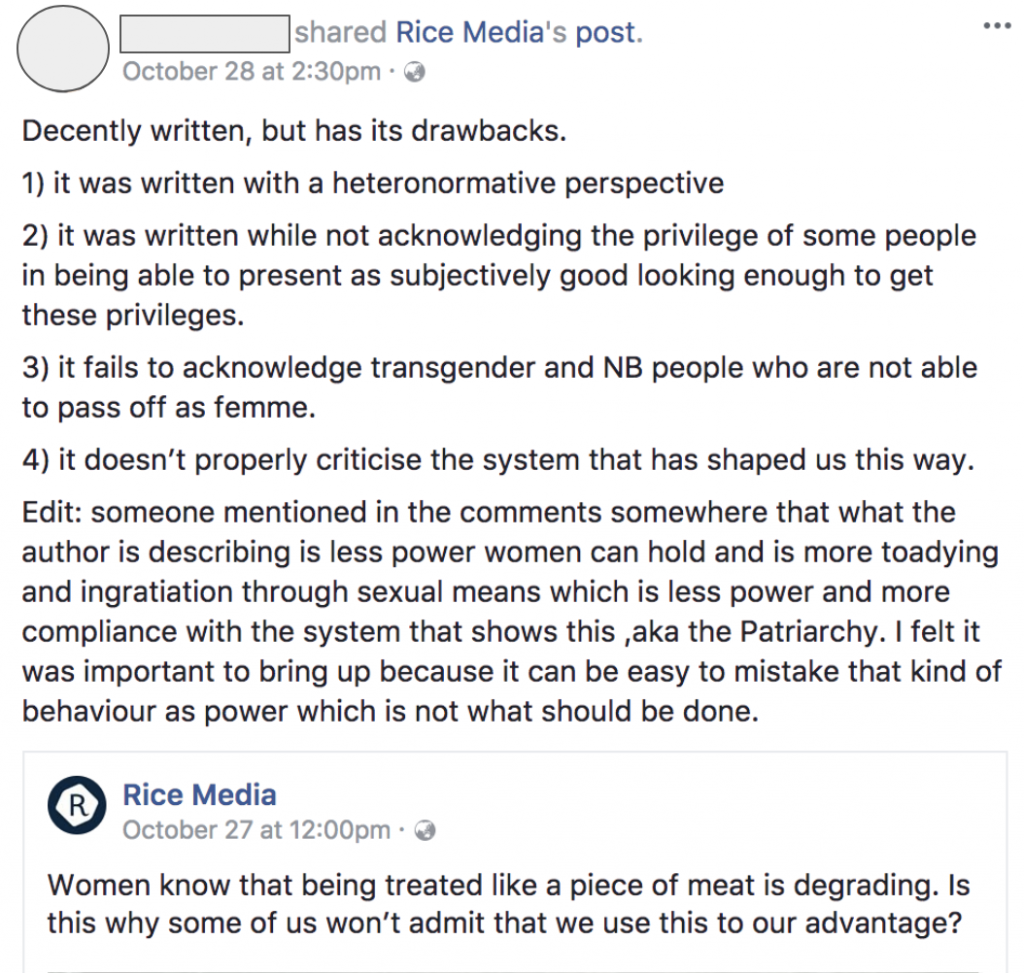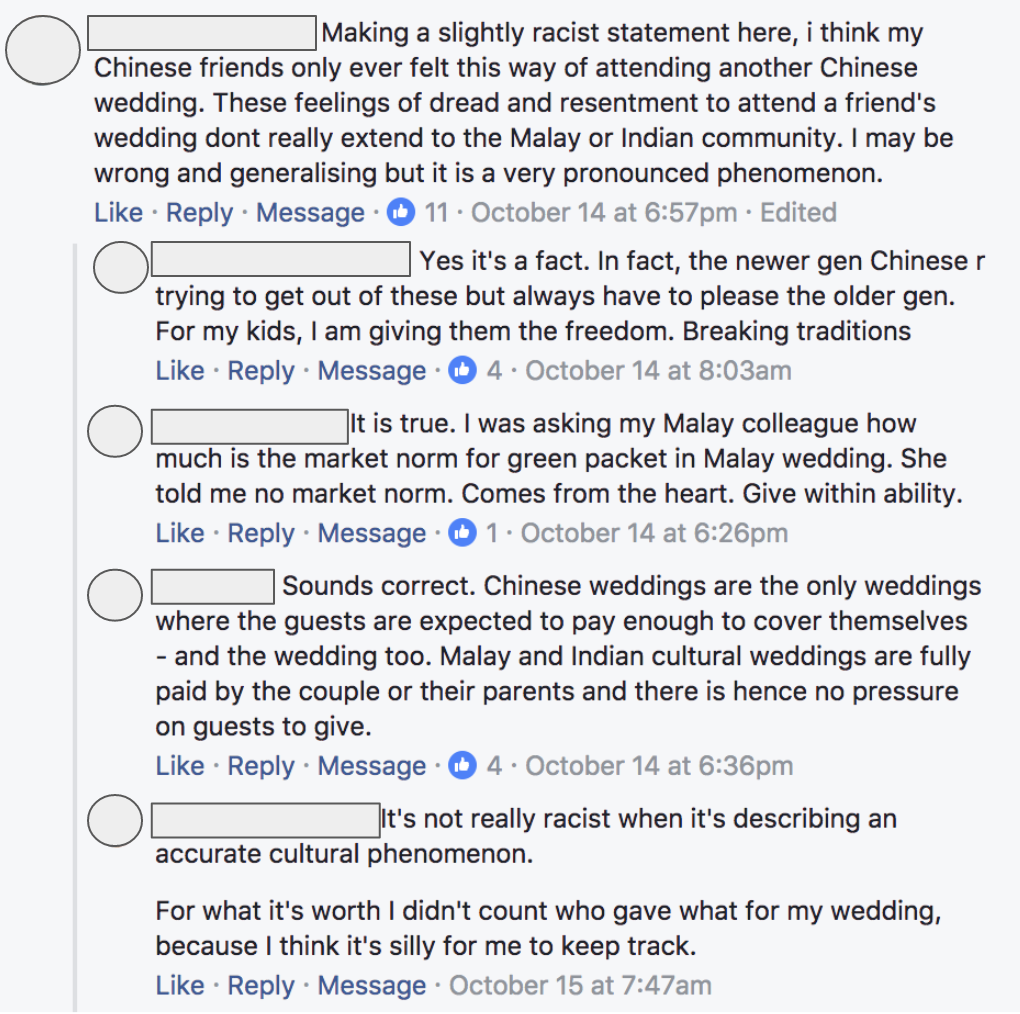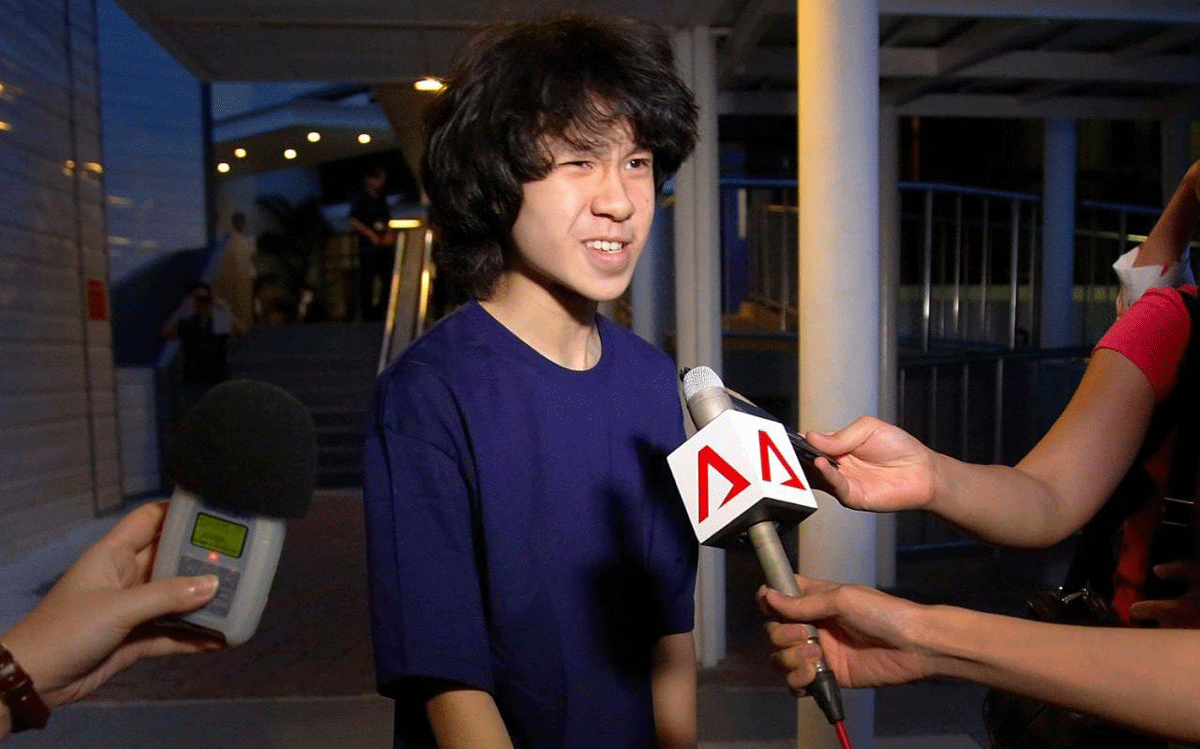Just a heads up, this article might offend you.
Then again, doesn’t everything nowadays?
Take for example, Netflix’s season two of Stranger Things, which was deemed sexist by VICE.

Of late, everything seems to be scrutinised under some hyper-analytical-critical gender, racial, or political lens. Even a fictional television show on Netflix is not spared the trendy desire to reach for conclusions where there are (quite possibly) none.
Unsurprisingly, many disagree. This crowd usually argues that people should just be allowed to “enjoy things” without the need to over-analyse their place in today’s volatile political climate.

Why can’t we just watch shit without being offended by everything?
Granted, that VICE article was probably a sensational headline crafted to elicit a very specific kind of reaction. But it also demonstrates the rapid spread of politically correct (PC) culture.
The problem with PC culture today is that it fails to understand the true meaning of being politically correct.
Once upon a time, being PC meant that instead of calling someone ‘fat’, you might call them ‘curvy’ or ‘big boned’ instead. It once stood for having basic sensitivity and respect for social, cultural and class differences.
However, political correctness has been hijacked by a kind of ‘call out’ activism spliced with an undercurrent of identity politics, leading to the rise of PC culture.
Often, it’s social justice warriors who are at the forefront of this, insisting on a kind of ‘political correctness’ that tends to be narrow-minded and more emotional than rational, ie. “If you’re going to write about queer rights, either advocate for it or don’t write about it at all because otherwise you are saying that you are against it.”
It is the assumption that there is only one position that is true/valid/correct/right when it comes to certain issues, usually ones involving gender, race, or religion.
At its most extreme manifestation is this commenter here, who was offended that Changi Airport’s Terminal 4 was launched on the 17th anniversary of the SQ6 crash in Taipei. Is he going to argue next that no airline should ever fly to the US on September 11? Or is he saying that planes should never fly on every single day where a plane-related tragedy occurred?
How is this realistic or reasonable?

The target in this example: SMRT Feedback by The Vigilanteh, an obvious troll page from which anyone should know better than to expect any politically correct content at all.


As a result, we start watering down opinions, tip-toeing around OB-markers (e.g. race, religion, politics and gender), and taking precautions by padding our opinions with multiple (unnecessary) caveats.
We end up with things like the typical, ubiquitous multi-racial ad, where our four main races are always equally represented and beaming at the camera.
While ads like these usually mean well, they reflect a deep fear of being called out for being racist or unrepresentative. They also reek of tokenism, and distract from a need to address the racial tensions that do exist. After all, we know for a fact that we are a long way from true representation (from industry leadership to the SAF) despite what government agencies try to tell us through their social campaigns. Sensitive depictions of racial harmony in advertising do little to address social inequalities.
And so in attempting to avoid the complexities of real life, political correctness becomes counter-productive. By insisting that there is either a right or a wrong way to do things, PC culture overlooks the fact that things are not that simple.
More often than not, PC folks also just end up looking like condescending pricks, dismissing those trying to engage with the intricacies of real issues as bigots, sensationalists, or shit stirrers.

On the surface, no one would fault them for their good intentions. Being as inclusive and sympathetic as possible sounds like something we should all aspire towards. But is it necessary all the time, or even possible?
For instance, if a writer’s intentions are to unpack the dynamics that are predominantly present in heterosexual relationships, is it important to include considerations of queer people?
Political correctness starts sounding like condescension when people talk in broad and abstract terms, wielding theories for the sake of appearing inclusive. It also sounds like condescension when PC culture doesn’t fully internalise the nuanced experiences of who it’s fighting for, insisting instead on a “one size fits all” approach towards representation.
The existence of an imbalance of power in such situations is made even more obvious when members of the majority group think they know better than minorities and hence feel justified in dictating how the minority group should be feeling or reacting.
Feeling entitled to speak on another group’s behalf, especially when we do not belong to that group, only shows a misplaced sense of justice. In truth, this performative empathy is an insult to the very inclusiveness that it claims to advocate for.
Also, if you flaunt this narrative simply to feel good about yourself, then you’re not being helpful, kind, or politically correct. You’re just being patronising.

He does this even though it was an objective cultural observation and as confirmed by various Chinese commenters, had nothing “racist” about it.
Yet because of PC culture’s tendency to reduce everything about racial topics to racism, he felt that such a statement was necessary to avoid being misunderstood.

In trying to be too PC, each person or situation is sometimes inadvertently reduced to a ‘buzzword’ stereotype (cishet, heteronormative, problematic, etc), for better or worse. All this does is stifle possibly meaningful exchanges, resulting in conversation that only reaffirms our biases.
This is not zero-sum game.
Contrary to popular belief, being politically incorrect does not mean that you get to be an asshole or say whatever you want without consideration of other people’s feelings or experiences.
Many people mistakenly conflate being politically incorrect with being mean, irrational, and disrespectful. But this is not a zero-sum game.
You can pass judgement, tone down the censorship, be honest, and still be a decent human being. Going back to our earlier example, is it really an insult to call a fat person fat? Isn’t it more patronising to instead call them “large”?
The fact that we still don’t know how to separate being frank from being mean speaks to a larger problem that is our oversensitivity and intellectual immaturity. Where online discourse is concerned, there is still a tendency to want opinions and experiences to fit neatly into black and white categories. Few arguments ever substantially tackle the shades of grey.
As a result, with extreme instances like Shrey Bhargava’s experience with racism during an audition for Ah Boys To Men 4, or Amos Yee criticising Lee Kuan Yew and Christians in the same breath, we go on the defensive and resort to another extreme reactions: cheap digs, insults, police reports, and public shaming.
Such behaviour is what shapes our views on what constitutes political correctness (and what doesn’t).
While it may not be PC of me to criticise certain tenets of Christianity or Islam as illogical because they contradict science, this criticism doesn’t necessarily mean I’m being disrespectful.
But if I were to go one step further to call all believers of Christianity or Islam idiots for following a religion that’s illogical, then yes, this would be disrespectful.
Wrongfully labelling someone as rude or offensive, just because they have an opinion that differs from yours, isn’t going to do anyone except your ego much good.
If we’re more concerned about political correctness than having open discussions about our biases and delicate subjects, then how can we expect society to make any progress?
So yes, let’s all strive to maintain a crucial level of decency, kindness and tact. But let’s also dive deep with important topics, and have the necessary, uncomfortable, possibly wrong conversations on race, gender, sex and religion in order to be productive.
The point is: I think it’s high time we started calling a spade a spade, and fat people, well, fat. If you have to tell a relative that they’re fat in order to get them to tackle issues they might be having with their health, do it.
But if you want to do it just to poke fun at them, then maybe you should just shut up.


